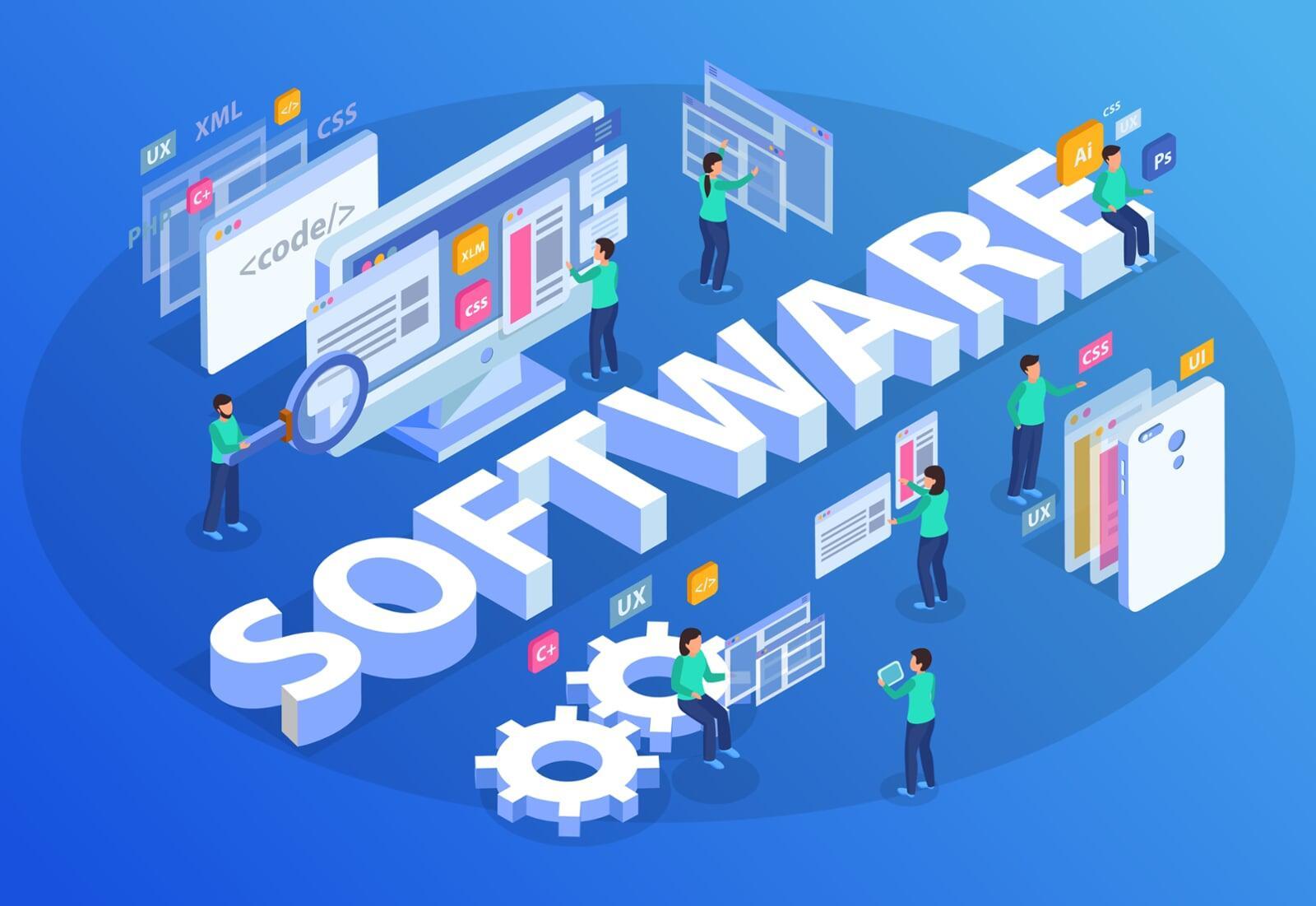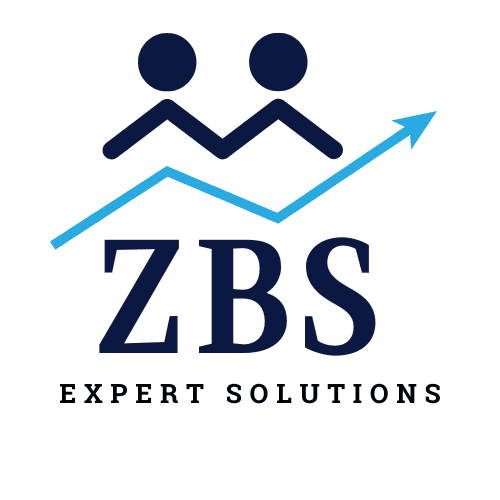
Hiring the right talent is more complex than ever. With evolving job roles, increasing competition, and a demand for specialised skills, organisations must take a strategic, data-driven approach to recruitment. Gone are the days when hiring decisions were based purely on intuition. Today, businesses must leverage analytics to track hiring performance, predict workforce trends, and optimise talent acquisition.
One of the most effective ways to achieve this is through SaaS solutions. These cloud-based platforms allow businesses to collect and analyse hiring data in real time, ensuring smarter, faster, and more efficient decision-making.
The Importance of Data in Modern Hiring
Recruitment is no longer just about filling positions—it’s about securing the right talent at the right time. Companies that rely on outdated hiring methods often struggle with inefficiencies, leading to higher turnover rates and longer hiring cycles. This is where workforce solutions help businesses refine their hiring strategies and improve long-term employee retention.
Data-driven hiring enables HR teams to measure key performance indicators (KPIs), such as time-to-hire, cost-per-hire, and candidate quality. By leveraging recruitment analytics, businesses can eliminate guesswork and make informed hiring decisions that align with company goals.
Key Recruitment Metrics Businesses Must Track
To build a sustainable workforce, organisations must monitor various recruitment metrics. Measuring these factors helps companies identify bottlenecks, streamline processes, and enhance overall efficiency.
One of the key services offered through recruitment consulting is helping businesses track essential hiring KPIs, such as:
- Time-to-hire: The duration between posting a job vacancy and onboarding a new employee.
- Cost-per-hire: The total expenses incurred in the hiring process, including advertising, recruitment software, and HR salaries.
- Candidate experience: The satisfaction level of applicants throughout the hiring journey, from application to interview and onboarding.
- Retention rate: The percentage of employees who stay with the company after a specific period.
By continuously analysing these metrics, organisations can refine their hiring strategies and improve talent acquisition.
How SaaS Solutions Improve Recruitment Analytics
Technology is playing an increasingly vital role in transforming hiring processes. Companies that adopt SaaS solutions gain access to advanced tools that automate data collection, reduce manual errors, and enhance recruitment efficiency.
Cloud-based platforms offer features like:
- Real-time hiring insights: AI-powered analytics provide instant data on recruitment trends, allowing HR teams to make proactive decisions.
- Automated resume screening: Machine learning algorithms help filter and shortlist candidates based on job requirements, saving time and effort.
- Centralised data storage: A single platform stores all recruitment information, making it easier to track hiring patterns and employee performance.
- Predictive analytics: Businesses can forecast hiring needs and workforce demands based on past trends and market data.
With the right tools in place, companies can ensure their recruitment strategies are efficient, scalable, and adaptable to changing market conditions.
Enhancing Workforce Planning with Data-Driven Insights
A strong workforce is the backbone of any successful organisation. However, without a clear hiring strategy, businesses risk overstaffing, understaffing, or hiring employees who are not the right fit. This is where workforce solutions enable businesses to plan effectively and build a sustainable talent pipeline.
By analysing past hiring trends and current workforce performance, companies can:
- Identify skill gaps and training needs.
- Forecast future hiring demands based on business growth.
- Reduce employee turnover by improving job satisfaction.
- Ensure compliance with employment regulations and best practices.
Integrating recruitment analytics into workforce planning ensures that hiring decisions align with long-term business objectives, helping companies stay competitive in a fast-evolving job market.
The Role of Recruitment Consulting in Hiring Success
Even with the best technology in place, businesses can benefit from expert insights and guidance. This is where recruitment consulting plays a crucial role.
Consultants provide businesses with:
- Tailored hiring strategies: Custom recruitment plans based on industry trends and company goals.
- Benchmarking and competitor analysis: Insights into how other companies attract and retain top talent.
- Process optimisation: Streamlining workflows to reduce hiring time and improve candidate experience.
- Access to wider talent pools: Leveraging professional networks to find highly skilled candidates.
By working with recruitment consultants, businesses can enhance their hiring efficiency and reduce the risk of costly recruitment mistakes.
Using SaaS Solutions to Reduce Hiring Costs
Hiring is often one of the most significant expenses for businesses. Traditional hiring methods, such as job advertisements, agency fees, and manual screening, can quickly add up. Companies looking to cut costs without compromising on quality should consider SaaS solutions for their recruitment needs.
Cloud-based hiring platforms help reduce costs by:
- Automating repetitive tasks, minimising HR workload.
- Reducing reliance on expensive third-party recruitment agencies.
- Improving employee retention, lowering rehiring expenses.
- Optimising job ad placements to attract high-quality candidates.
- By leveraging data-driven recruitment strategies, companies can maximise efficiency and reduce overall hiring costs.
Workforce Solutions for Remote and Hybrid Workforces
The shift towards remote and hybrid work models has changed the way businesses approach hiring. Companies must now adapt to recruiting and managing employees across different locations. Workforce solutions enable businesses to create a seamless hiring experience, regardless of location.
Some key workforce planning strategies for remote hiring include:
Virtual recruitment tools: Video interviews, AI-driven assessments, and digital onboarding processes.
Flexible work policies: Attracting top talent by offering hybrid and remote work options.
Performance tracking software: Monitoring employee productivity and engagement remotely.
Diversity and inclusion strategies: Expanding hiring reach to a broader talent pool.
Adapting to these changes ensures businesses remain competitive and capable of attracting skilled professionals from anywhere in the world.
Final Thoughts
The future of hiring lies in data-driven decision-making. Companies that adopt SaaS solutions for recruitment analytics can enhance efficiency, reduce costs, and improve hiring success. At the same time, integrating workforce solutions ensures businesses build strong, future-ready teams.
By combining technology with expert recruitment consulting, organisations can navigate hiring challenges with confidence. Whether it’s tracking key metrics, improving workforce planning, or reducing hiring costs, leveraging analytics is essential for modern HR success.




